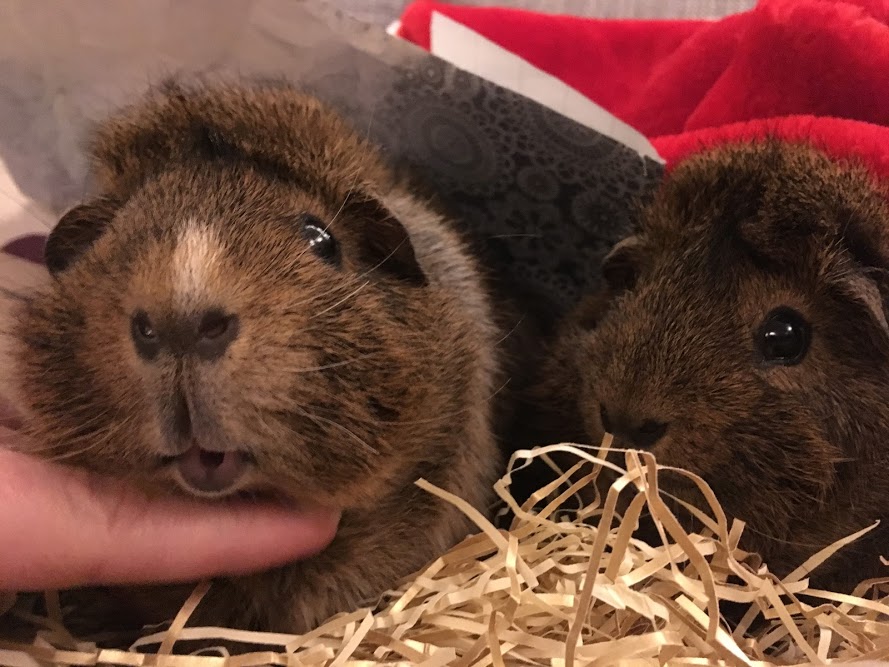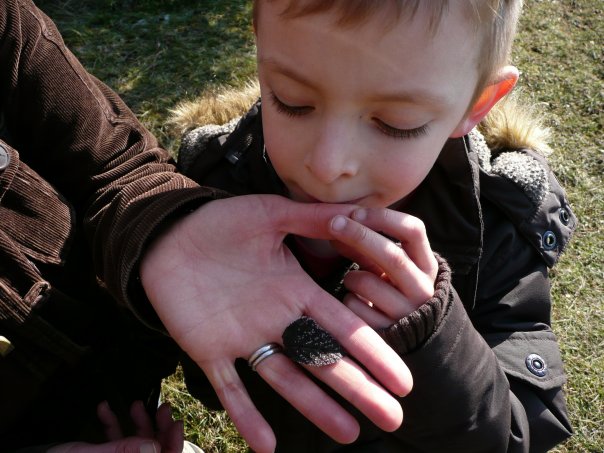This Week’s Bit of String: Haunted by to-do lists
When I worked in a care home, we had a particularly restless but bedbound dementia patient. She constantly asked, ‘Where have we gotta go? What have we gotta get out and do?’ And sometimes she’d say, ‘Can I just stop here a bit?’
We were told she’d been a highly reputable nurse to newborn babies. No doubt she devoted countless long shifts to her calling. She had no family of her own apart from a sister wandering the nursing home halls, stealing biscuits to feed her stuffed toy cat.
No matter how many times we reassured our resident that she didn’t have to go anywhere, she repeated her questions. She was haunted by the ghosts of her busy working life.
Today we don’t need dementia to be haunted–we have social media. Facebook pings ‘Event’ reminders, other mums depict homemade concoctions on Pinterest, and other writers’ word counts race upward on Twitter.
None of this is inherently bad. I, too, indulge in public boasts after particularly hard work: Busy Brags. I’m also ready to ‘Like’ your Busy Brags. As a writer, I’m interested in the minutiae of daily life as well as the big events, so I enjoy hearing what people get up to in a day.
Busy = Lucky
What I have to make sure not to do, however, is act as though I’m busier than everyone else.
Some kids (and adults) work ridiculously long hours in sweatshops. Some people work multiple jobs to ensure they can pay medical bills. Yet most of the Busy Brags I see in my social media bubble are about the nightmarish turmoil of preparing birthday celebrations for small offspring, or rushing back to work after an adventurous holiday. And I totally get that. But we’ve chosen this. So brag away, but don’t complain.
Cooking homemade meals and going on active holidays are choices. Even going to the gym regularly is a choice, albeit a healthy one, and writing is a choice even though it feels like a necessary response to what ranges from a nagging voice to rampant hunger. We may be utter grouches when we don’t have time to write, or exercise, but those are still privileges and most of us have enough moments of leisure, however small, that we can choose to prioritise things differently if we really want to.
Busy = Important
Fun fact: guinea pigs don’t yawn just to get oxygen to their furry wee brains when they’re sleepy. They yawn to show their teeth and scare off rivals or predators. Similarly, our society has transformed tiredness into a badge of honour. Whoever’s the most tired must have done the most work, and is therefore the most indispensable.

I think most of us love being busy, and not just because we can brag about it on social media. To occupy our time means to take possession of it, that middle syllable of occupy coming from the same Latin word for grasp or seize, as in Carpe Diem. By filling Time’s wearying, wily moments, we feel we’ve mastered it in some way.
And of course we like quantifiable achievements so we can list in no uncertain terms how we’ve occupied, invaded, placed a firm stake in a day. Steps or miles run. Loads of laundry completed, meals packed into the freezer. Words typed. For me, I like being able to tick these off on a list. My day job is similarly oriented around clear targets: accounts billed, calls taken, cases resolved. Hours of sleep foregone.
Busy = Easy
These achievements are exciting and addictive. But am I the only one who has developed a fear, almost an aversion, to the incredibly important things that aren’t quantifiable? Spending proper time with people, caring for struggling loved ones. More than anything in the world I want to be there every second for my family when they’re hurting. But when I’m juggling office targets and word counts and submission deadlines and fitness goals the rest of the time, it’s hard to shut off that achievement addiction when a genuine crisis, something you really have to pour time into, comes up.

The kind of Busy we brag about on social media is easy. It can even be a cop out. Writers will be familiar with the memes and jokes about how clean our houses get when we have writers block, because housework is straightforward and simpler than wrestling an unwieldy plot. But tricky as finding resolution for our characters can be, that’s still many times easier than getting friends and family through real-life drama. And entertaining readers sometimes comes more naturally than entertaining our own kids.
Looking back to our patient who had been a nurse, I wonder if on some level she was aware of how repetitive she was. Maybe her questions were her way of asserting her value in a somewhat demeaning situation; a reminder that she once had gone places and done things. Sadly, she never made a single reference to the babies and children she’d looked after, as if only the business remained and not the lives.
If the final stages of my life give me any choice in the matter, I’d like it the other way around. Is it possible to achieve relentlessly but not desperately?